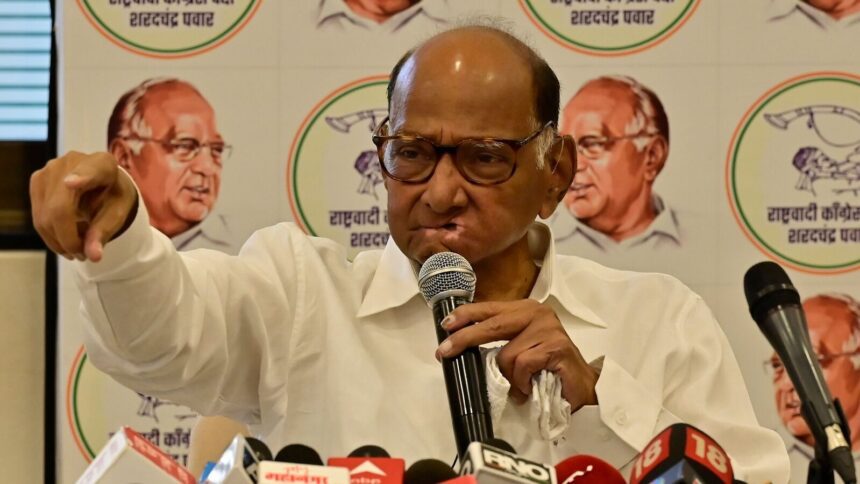The Future of the Maha Vikas Aghadi Alliance in Maharashtra: Analyzing Recent Developments
Introduction
The political landscape in Maharashtra has become increasingly dynamic following the recent Assembly elections, where the opposition alliance known as Maha Vikas Aghadi (MVA) faced significant setbacks. This coalition consists of the Congress party, the Uddhav Thackeray-led Shiv Sena (UBT), and the Sharad Pawar-led Nationalist Congress Party (NCP-SP). With upcoming municipal elections on the horizon, key leaders from the MVA have begun to reassess their strategy.
Recent Electoral Setbacks
The MVA has suffered a decline in influence as evidenced by the recent losses in the Assembly elections, which consisted of 288 seats. Sharad Pawar, the NCP founder, acknowledged the importance of regrouping and reevaluating their approach to the upcoming municipal elections in cities like Mumbai and Nagpur. Recent comments from Pawar indicate that discussions about whether the alliance will contest these elections together or separately will transpire within the next 8-10 days, a timeframe that signifies urgency in addressing internal disagreements and formulating a cohesive strategy.
Divergent Strategies Among Alliance Members
While Sharad Pawar emphasizes the need for collaboration, other leaders within the MVA have expressed intentions to go solo in these municipal elections. For instance, Shiv Sena (UBT) representatives, particularly Sanjay Raut, have underscored their plan to contest independently, stating that "whatever happens will happen." It is becoming increasingly clear that tensions exist regarding the strategy for the municipal elections, as different factions within the alliance show disparate intentions.
Mukesh Shah’s Remarks and Political Decorum
Adding to the political tension, Union Home Minister Amit Shah’s remarks following BJP’s success in the recently concluded polls drew sharp responses from Pawar. Shah suggested that the outcome of the elections signified an end to “betrayal and treachery” in Maharashtra politics, implicitly criticizing Pawar’s historical political maneuvering. In a strong retort, Pawar called for the maintenance of decorum associated with the position of the Home Minister, highlighting the need for civility in political discourse.
The Importance of Municipal Elections
The upcoming municipal elections in Maharashtra are crucial for the MVA. They serve as a litmus test for the coalition’s viability in light of recent electoral defeats. These elections not only evaluate the strength of the alliance collectively but also gauge the individual parties’ public support, setting the stage for future political maneuvers leading up to national elections.
Conclusion
As the MVA navigates through the complexities of collaboration and individual agendas, the next few weeks will be pivotal in shaping its political trajectory in Maharashtra. The decision-making process over whether to contest the municipal elections together or separately will not only impact local governance but could also redefine the power dynamics within this opposition coalition. Political observers will be keenly watching how the MVA resolves these conflicts, as its success or failure will have significant ramifications for the broader political landscape in Maharashtra.
In this evolving situation, the importance of unity and strategic planning cannot be overstated. The outcome of discussions among MVA leaders in the coming days will be critical in determining the path forward as they confront an increasingly formidable BJP. Whether they can overcome their differences and present a united front remains one of the most pressing questions in Maharashtra politics today.









